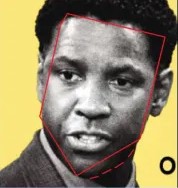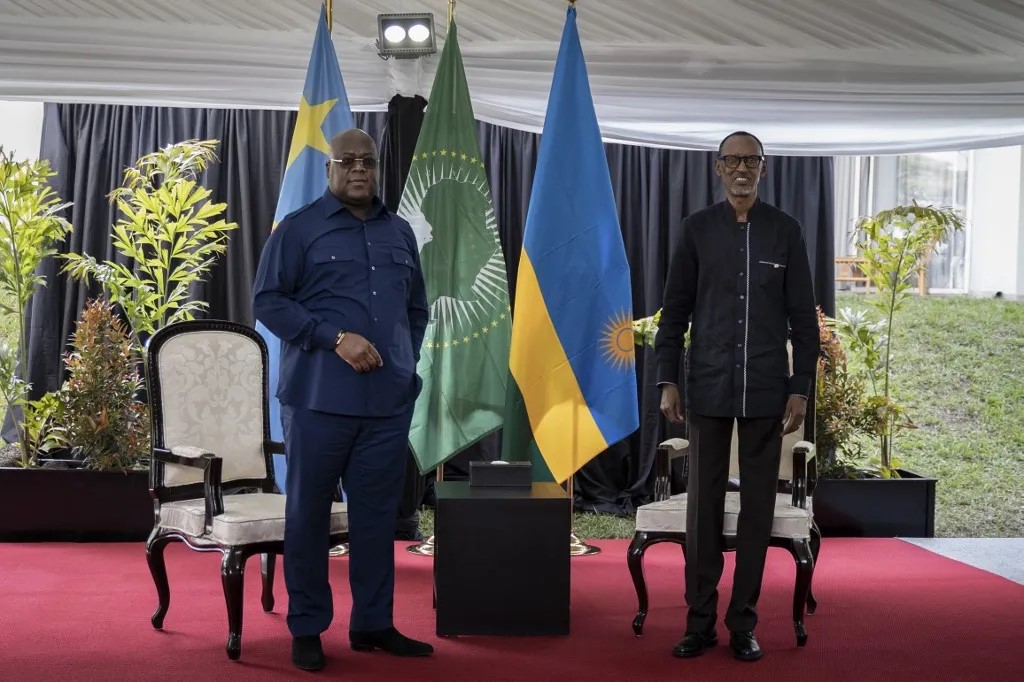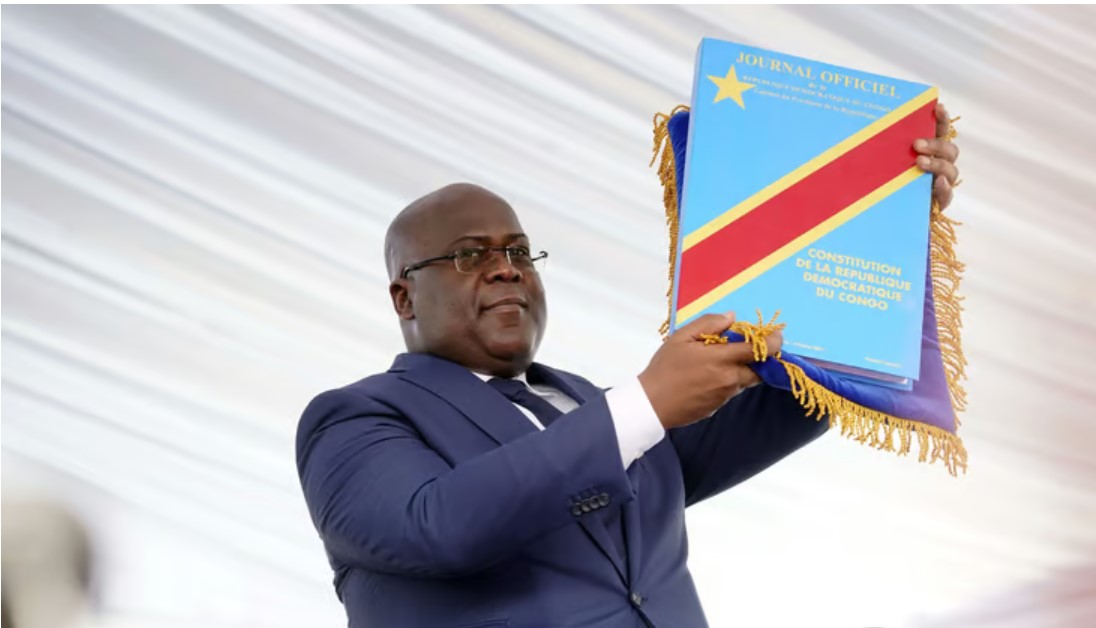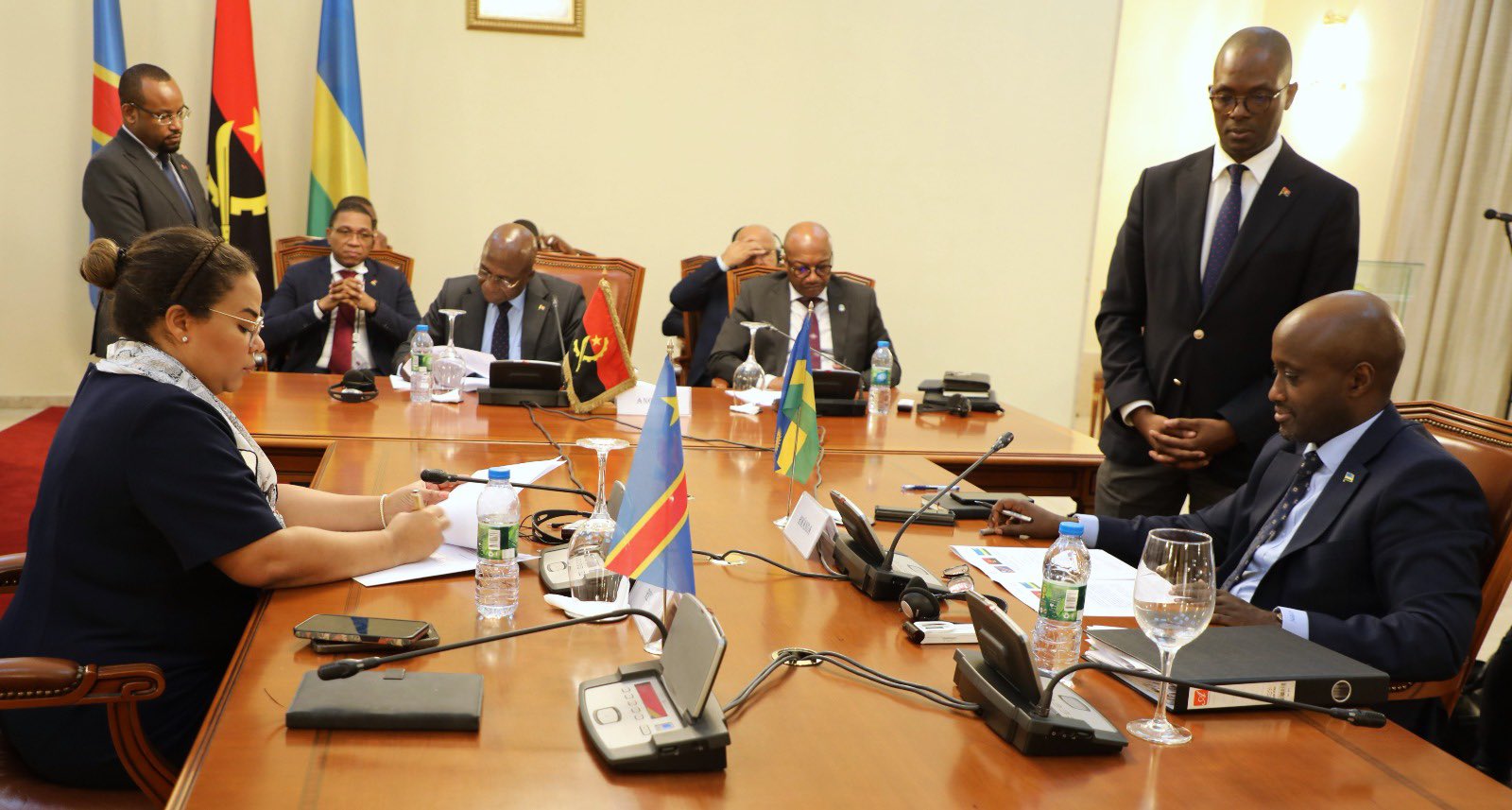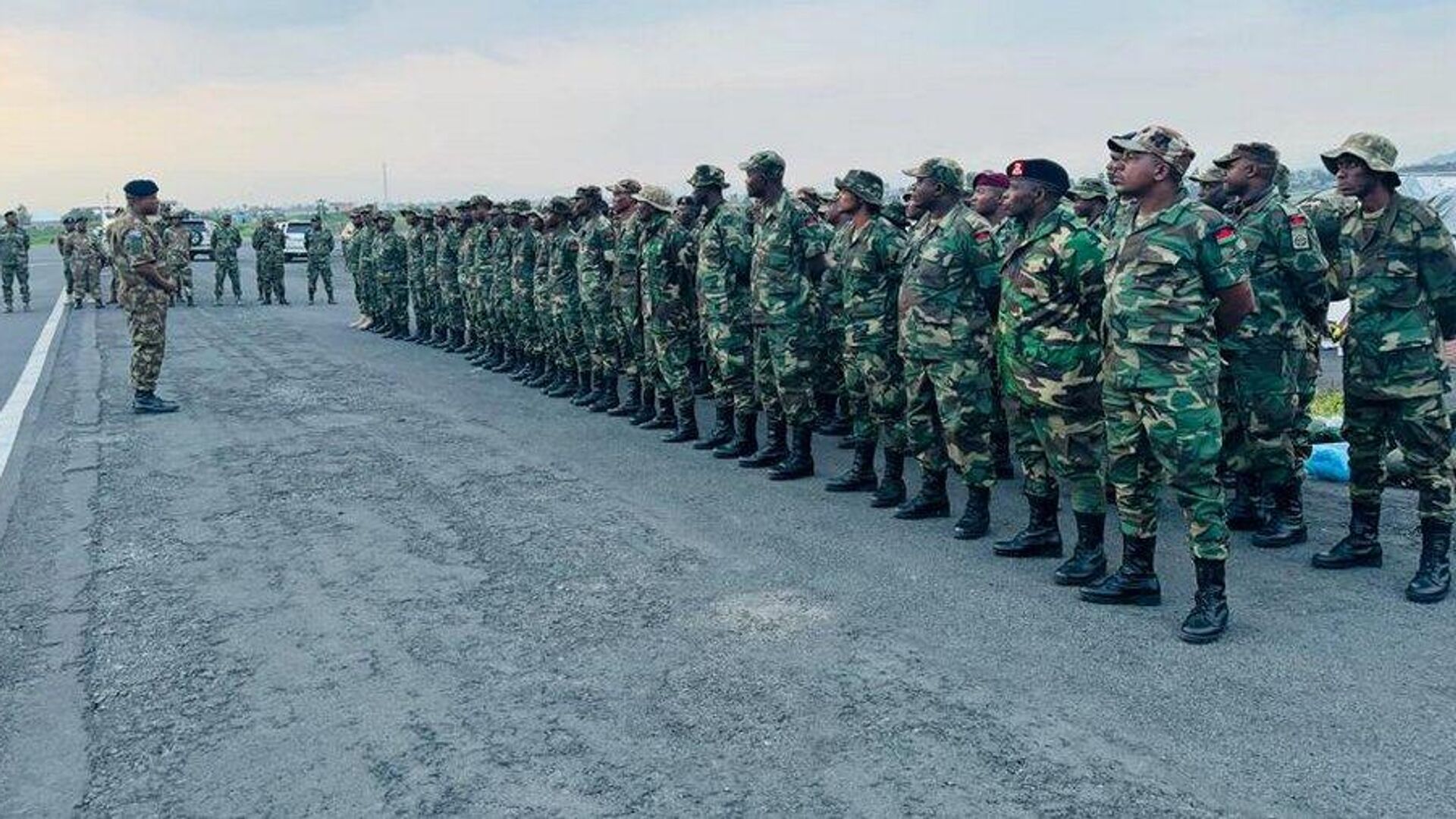Regional
DRC violating own territorial integrity
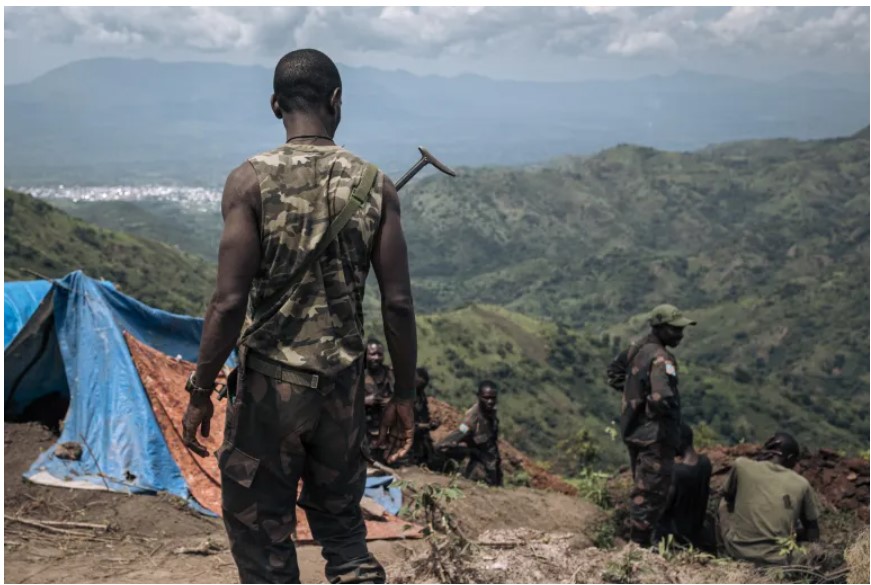
Congolese national army has been getting supports from myriad of militia groups, Burundian troops, and SADC force to fight M23 rebels.
In an October 25 statement, France urged armed groups to end violence in the Democratic Republic of Congo (DRC) so as to enable the UN and humanitarian organizations to carry out their missions effectively, as a demonstration of commitment to DRC’s territorial integrity and sovereignty.
However, concerns remain that
DRC itself undermines its own territorial integrity. Regional political
analysts say that it is actually DRC that has violated its own territorial
integrity by welcoming and providing refuge to various foreign-armed groups,
rather than the M23, as claimed by Kinshasa.
The M23 rebels are Congolese
citizens fighting an existential threat. Therefore, France should have instead advised
DRC to cut ties with the negative armed groups that it is sheltering.
Presently, DRC shelters more
than 260 armed groups operating in its eastern part, including FDLR, a Rwandan
terror group formed by remnants of the masterminds of the 1994 Genocide against
the Tutsi. Then there is ADF, the Ugandan Islamic terror group which is part of
Islamic State's Central Africa Province, and a splinter group of FDLR, FLN.
Others include RED-Tabara, a Burundian rebel group and Eastern Europe
mercenaries.
Many of these groups receive
support from the Congolese government and security forces. Their atrocities in
eastern DRC have become part of a systematic pattern to disrupt lives, instill
fear and create havoc, according to the UN.
Instead of addressing the
insecurities brought by those armed groups, Kinshasa has opted to portray
itself as a victim by claiming that "external forces" invaded its
territory, referring to the M23 rebel group, to divert attention, shift the
blame on the rebels and attract sympathy.
Successive Congolese
governments deliberately refused to recognize that the rebels are legitimate
Congolese citizens. Whenever there is a political crisis, Kinshasa claims that
these people are Rwandans simply because they speak the same language as the
people of Rwanda.
It has been reported multiple
times that Kinshasa has been supplying large quantities of ammunition,
including explosives for heavy and light weapons, to armed groups such as FDLR,
Mai Mai, and Wazalendo to wage war against the M23 rebels and drive them from
their territories. Despite this, the M23 managed to liberate even more areas
where Kinyarwanda-speaking Congolese reside.
Earlier, M23 spokesperson
Lawrence Kanyuka said the rebel group is not in the campaign to conquer
territories, but it found itself “obliged to silence” the enemy's heavy
artillery, drones and combat tanks at their source.
Kanyuka said their
politico-military rebel group was “coming to liberate” the residents of
localities which were occupied by the Congolese army and militia groups that
were persecuting Kinyarwanda-speaking Congolese.
Civilians in rebel held areas
feel secure, and have been urging the rebels not to leave them. They fear that
if the rebels depart, Wazalendo, FDLR and Congolese army elements will return
to massacre them.
The rebels insist that they
want dialogue with Kinshasa. The latter continues to refuse talks, branding the
rebels as “terrorists”. Since DRC refused dialogue with AFC/M23, or protecting
and recognizing Kinyarwanda-speaking Congolese, the rebel group feels it has no
other choice other than protecting its community.
Political analysts believe that those who support Kinshasa’s narrative of being victim of territorial integrity violations deny M23 rebels or Kinyarwanda speaking Congolese, their rights to citizenship.


